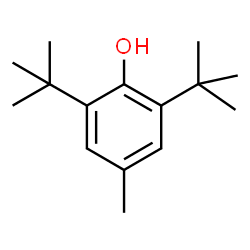Food Preservatives | Organic Chemistry for NEET PDF Download
These are the chemical substances added to food to prevent their spoilage due to microbial growth (bacteria, yeasts and moulds) and to retain their nutritive value for longer periods .
 BHT
BHT
The most commonly used preservatives include table salt, sugar, vegetable oil, vinegar, citric acid, spices and sodium benzonate (C6H5COONA). Salts of sorbic acid and propanoic acid are also used” preservatives for cheese, baked food, pickles, meat and fish products.
1. Sodium benzoate is metabolised by conversion into hioppuric acid (C6H5CONHCH2COOH), which is ultimately urine. It is used in soft drinks and acidic foods.
2. Antioxidants like BHT(butylated hydroxytoluene) and BRA butylated hydroxyanisole) retard the action of oxygen on the food and help in the preservation of food materials.
|
54 videos|125 docs|136 tests
|
FAQs on Food Preservatives - Organic Chemistry for NEET
| 1. What are food preservatives? |  |
| 2. Are food preservatives safe to consume? |  |
| 3. What are the common types of food preservatives? |  |
| 4. Can food preservatives cause allergic reactions? |  |
| 5. Can natural preservatives be used as an alternative to synthetic preservatives? |  |






















